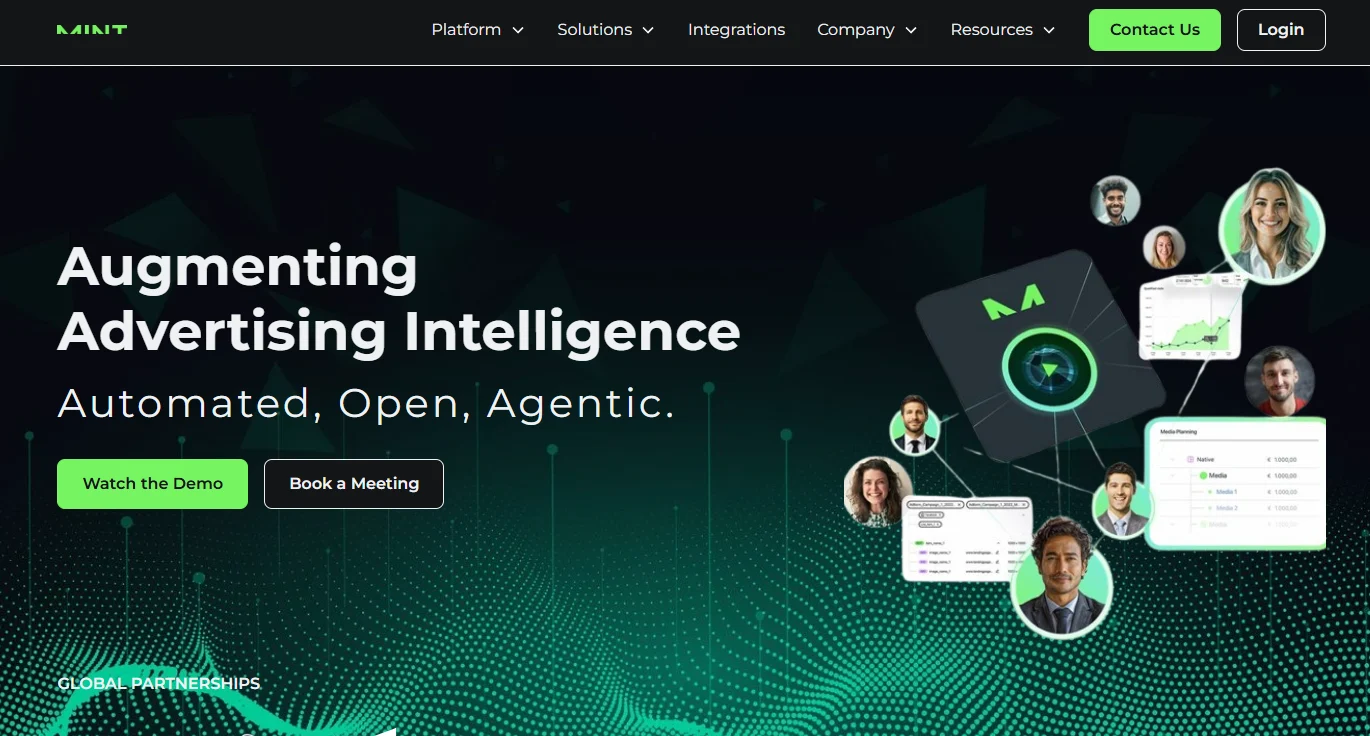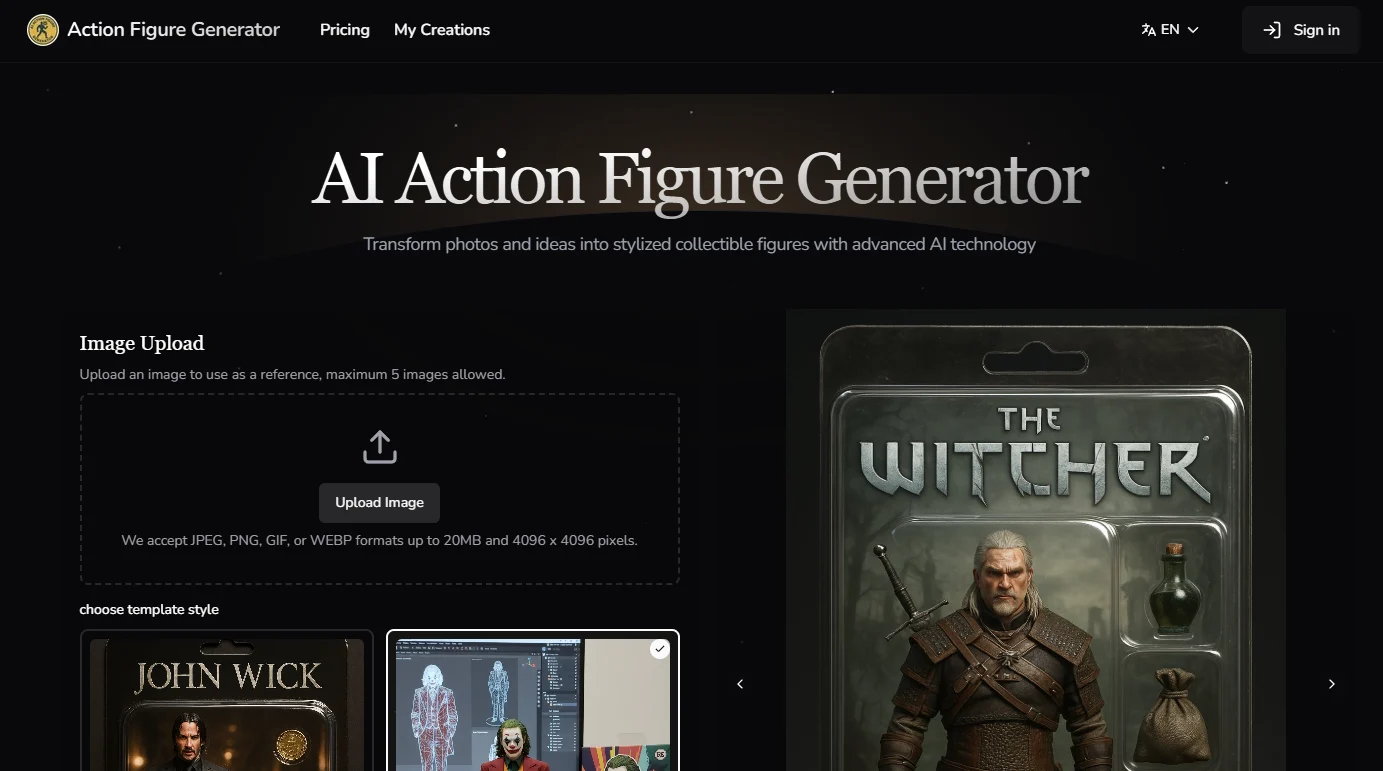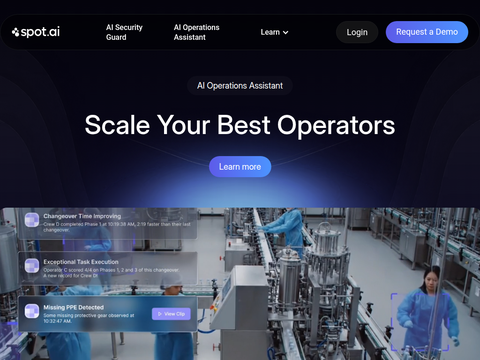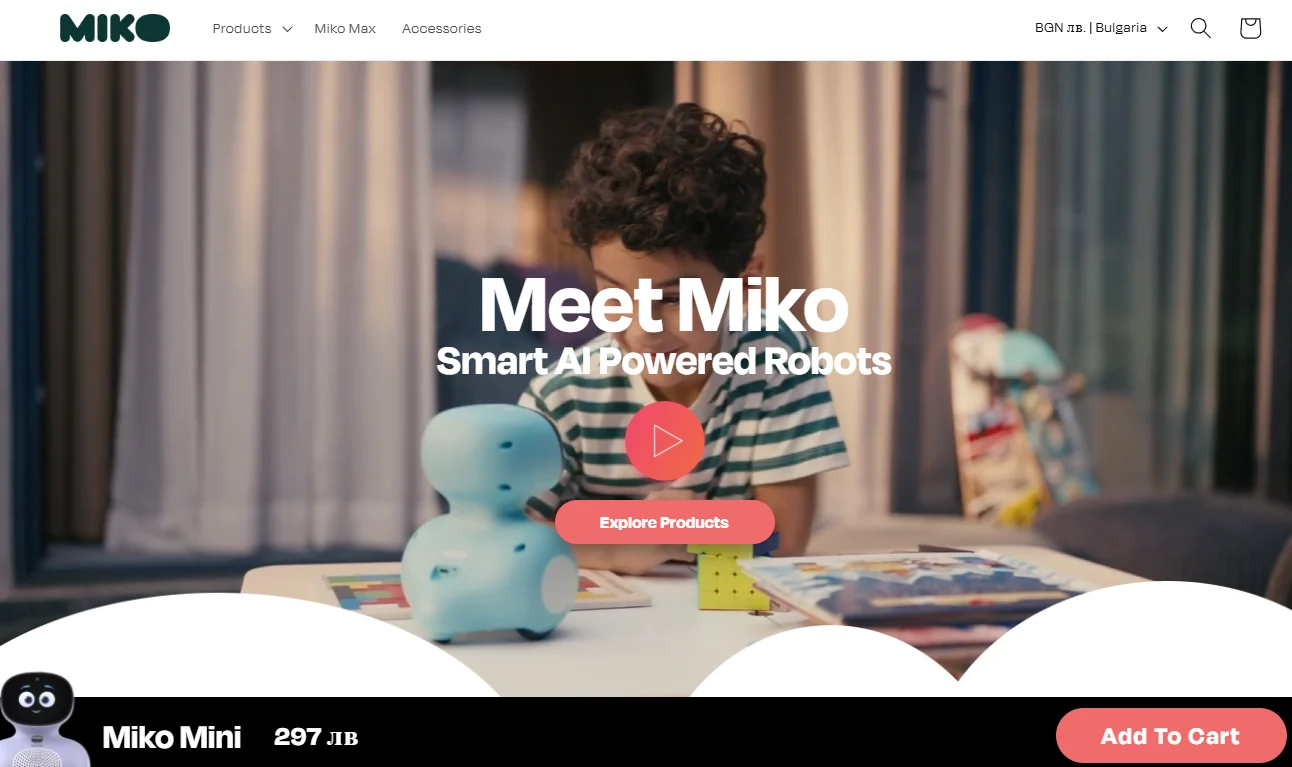According to reports, NVIDIA is currently in discussions to invest in Elon Musk's artificial intelligence (AI) startup, xAI. xAI aims to raise several billion dollars to elevate its company valuation to approximately $40 billion. The New York Post, citing two sources, mentioned that Musk plans to initiate a major funding round in January next year, potentially increasing xAI's valuation to as high as $75 billion.
Meanwhile, Musk is actively engaging with technology firms and venture capital companies, including Sequoia Capital, Andreessen Horowitz, and Vy Capital. Although NVIDIA's investment interest is garnering attention, an anonymous NVIDIA analyst stated that even if NVIDIA invests in Musk's company, xAI's competitors would continue to purchase NVIDIA's chips as it is standard industry practice.
This May, xAI successfully raised $6 billion in a Series B funding round, bringing the company's valuation to $18 billion. The funds will be used to launch their first product, develop advanced infrastructure, and accelerate research and development efforts. In September, xAI launched the Colossus 100k H100 training cluster, which Musk lauded on social media as "the world's most powerful AI training system," and revealed plans to scale the system to 200,000 units (50k H200x) within a few months.
In other AI sector developments, media outlets reported last week on a new technology from Liquid AI, a branch of the Massachusetts Institute of Technology (MIT). Liquid AI has developed "liquid neural networks" that can match existing capabilities while using fewer neurons, a breakthrough expected to significantly reduce computing costs and encourage more enterprises to invest in AI.
Liquid AI's "liquid neural networks" can guide drones and vehicles with just tens of neurons, whereas traditional AI systems require millions. This innovative technology promises to lower computing power and energy expenses, which have been major obstacles preventing businesses from fully adopting AI technologies.
Jesal Gadhia, Engineering Director at AI company Thoughtful, stated that Liquid AI's technology could lower the barriers and costs associated with AI technologies, facilitating their adoption across various industries. He believes that this affordable cost structure will enable even smaller companies to implement AI solutions, thereby fostering widespread innovation, enhancing efficiency, and reducing energy consumption across different sectors. He likened this transition to the evolution of computing: initially, only a few companies could build and operate large mainframes, but now computing is ubiquitous, found in devices ranging from watches to automobiles.








